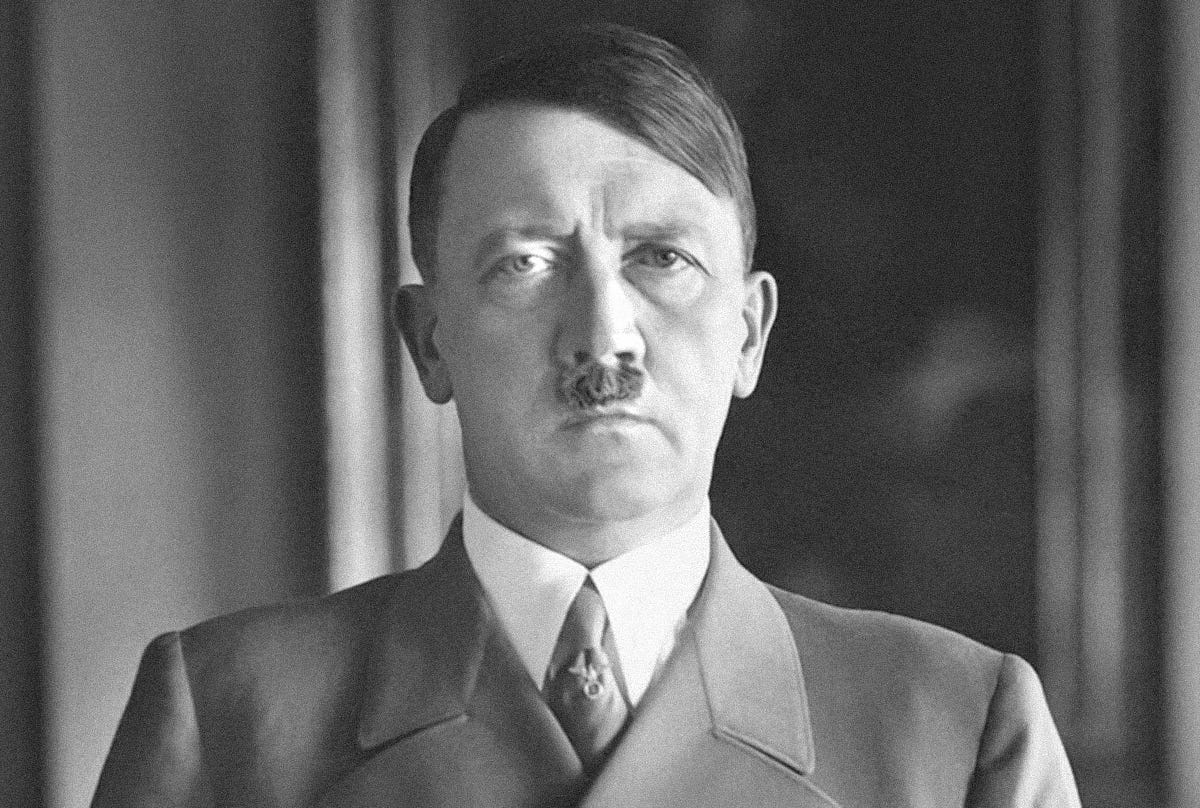No Person is Evil. Here's Why.
The hidden truth behind "evil" people.
Editor’s note: The following is a transcript of a spontaneous talk.
No person is evil.
The economic elite are not evil. Criminals are not evil. Terrorists are not evil. Not even Hitler was evil.
What I mean by “evil” is someone who is inherently mean, cruel, abusive, violent, or sociopathic—someone who was born this way and has to remain this way for their entire life. Someone who would have been this way even if they had been born and brought up in totally different circumstances.
Lately, I hear a lot of people saying that Trump is evil. As you might know, I am not a fan of Trump. I don’t like his political views. I don’t like the way he talks or behaves. But I’m sure that when he was a little baby, he must have looked very innocent, very cute, and very sweet. And I’m sure the same holds true for Hitler, because all babies are innocent and sweet.
No one sees a baby and says, “Look, this is an evil baby!” So, how does a baby turn into Trump—or into Hitler, or a terrorist, or a criminal? Something must happen along the way. Something must take place during the course of one’s life.
What takes place is trauma. What takes place is pain and suffering. People who are violent, exploitative, or sociopathic are, in most—if not all—cases, people who have been deeply hurt. And this is not just me saying that; a lot of studies show that people who exhibit violent behavior have been victims of violence themselves.
Hurt people hurt people. But we don’t see that as a society. We are very quick to judge them, to put a label on them, to call them “evil” or “bad.” But by doing that, we don’t understand them. And how can one deal with someone who is “evil”—that is, someone who cannot ever change? The only way is to deal with such a person is to fight against them. There is no other way.
Just think of how our legal system works in nearly all countries around the world. We see criminals as bad people, whom we punish for their wrongdoings.
Of course, punishment is counterproductive. For example, plenty of research shows that people who are punished with a prison sentence are more violent and have a more criminal attitude once they exit prison than when they entered it. That is because, as I said earlier, hurt people hurt people. And the more people are being hurt, the more they’re bound to hurt those around them.
So, how could we actually deal with such people and with violent behavior?
The only way I can see is to try to understand them—to try to place ourselves in their shoes and see where they’re coming from and how they’re feeling.
If we did that, we would see them in a totally different way. If we could put ourselves in their situation, we would see that we would not have acted much differently ourselves. Actually, we would have acted in the exact same way. If we had the same genetic makeup as they do, the same family, the same social environment, the same everything—if we were in the totality of their circumstances—we would have behaved exactly like they do. Because we would be them; we would have the same mindset.
If we did that and saw that we are not better than them—and we are pretty much like them, actually, in so many ways—we would develop empathy toward them. Then, we would feel connected to them and start feeling compassion for them. We would want to help them—to help them heal—instead of punishing them. And, as a society, we would want to build systems to help those people heal, instead of systems that punish them.
In addition, we would try to understand the conditions that caused those people to act in the ways they do, so that we can change them. In other words, we would try to address the problem at its root, instead of fighting against the symptoms—that is, those people we call “evil.”



